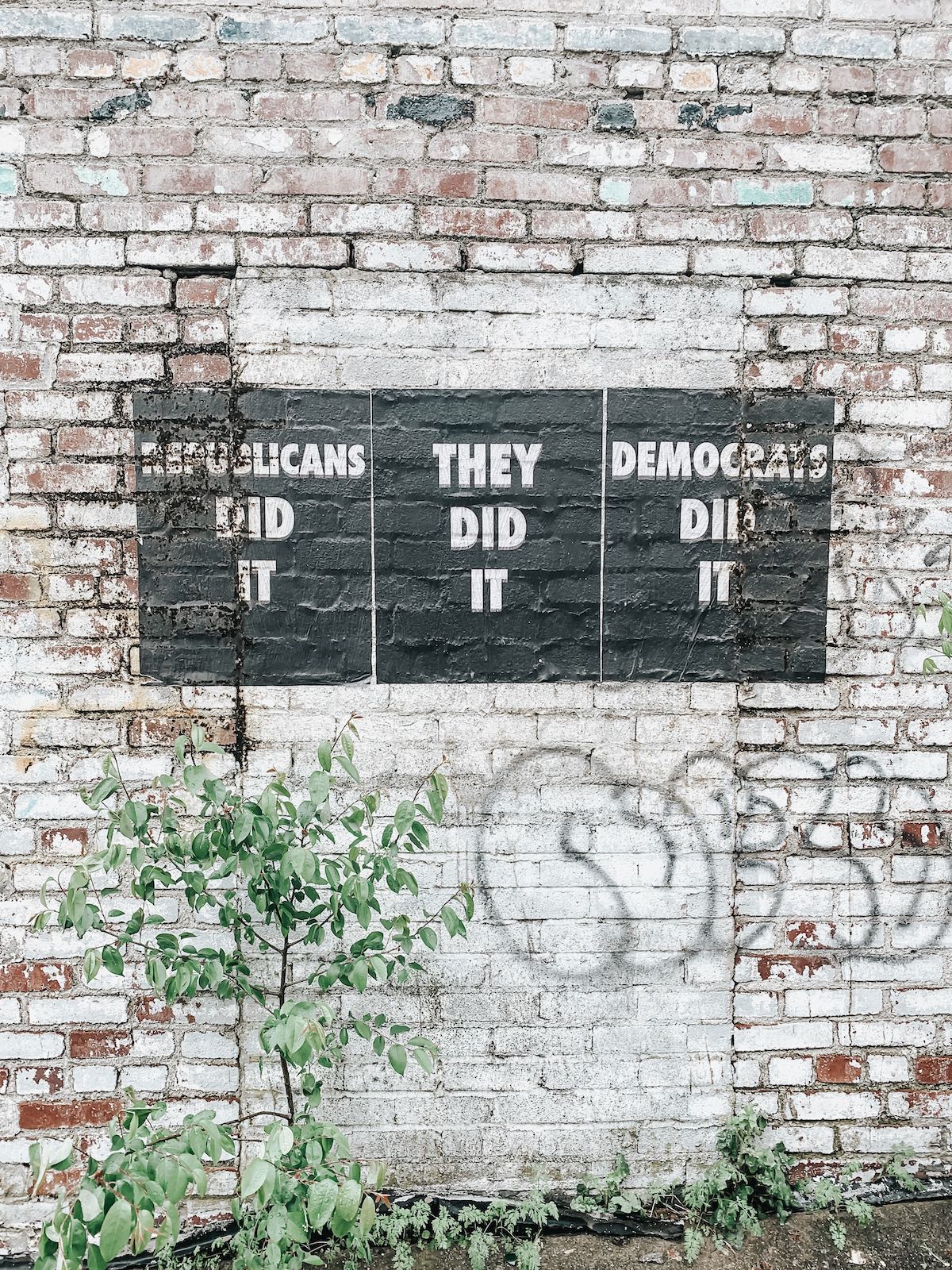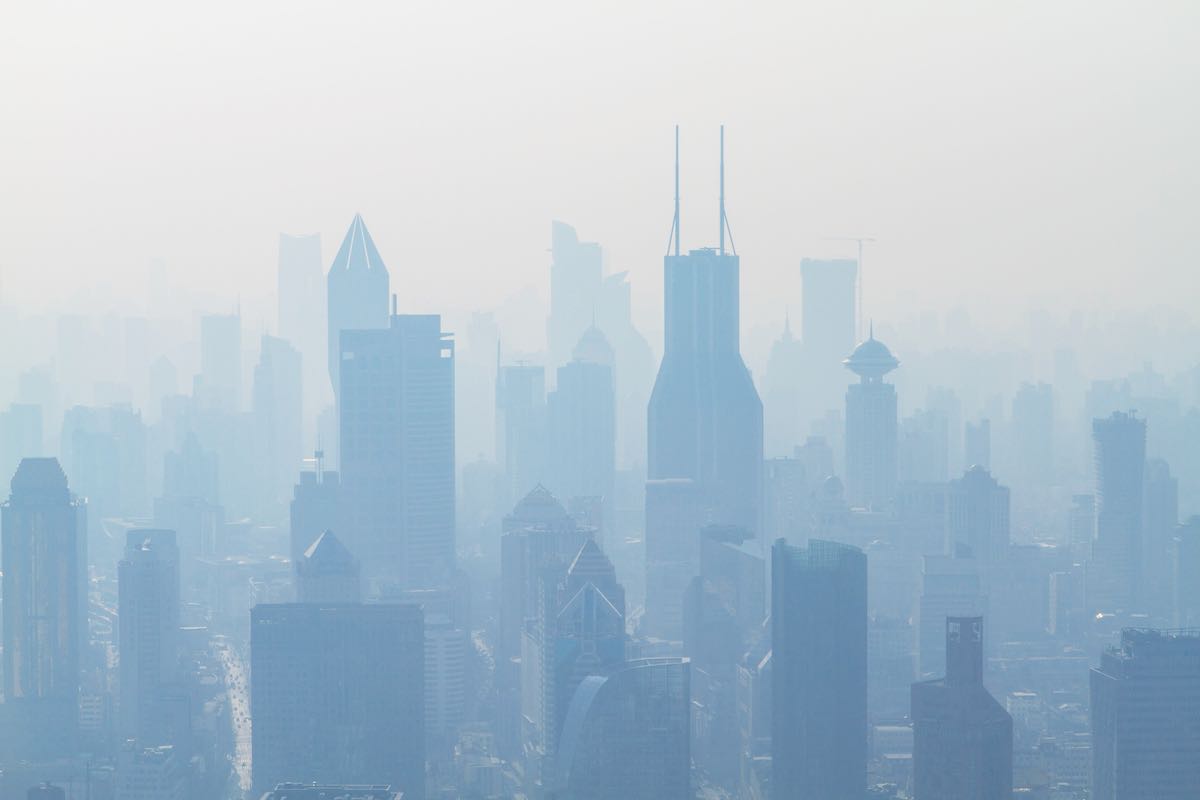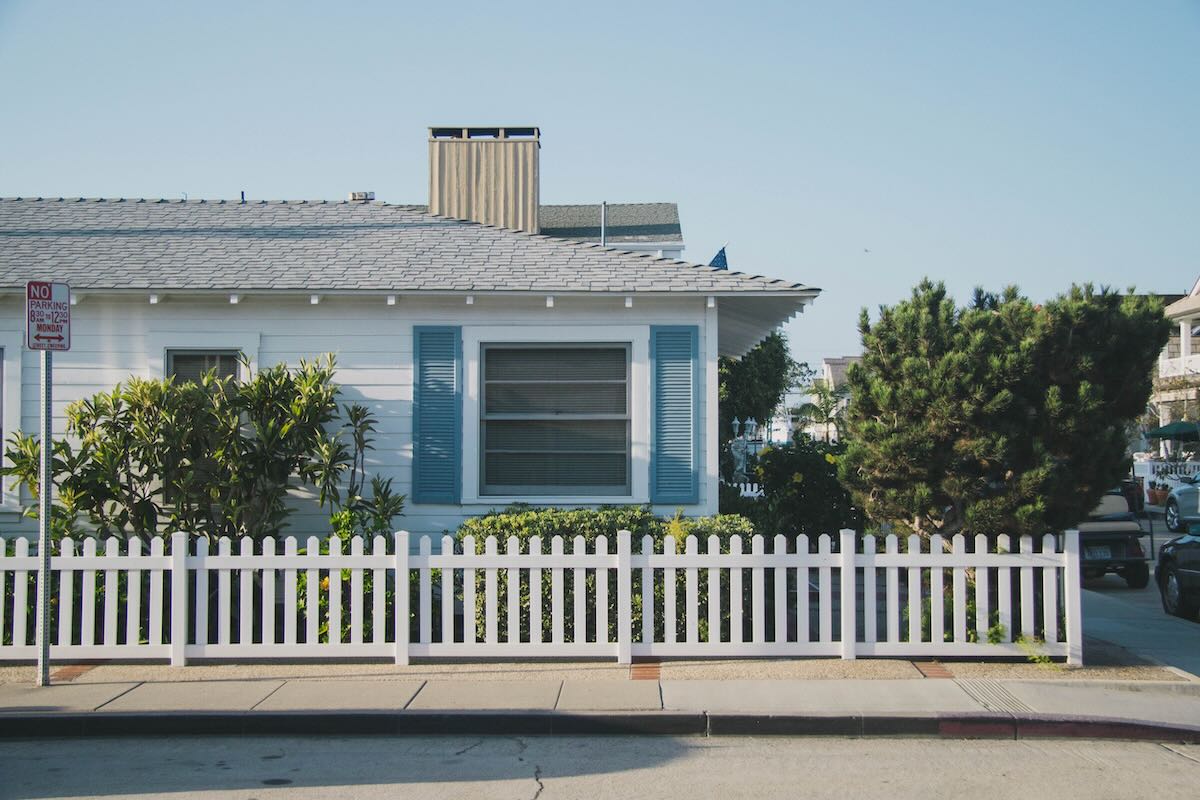What Have I Been Reading? July 9, 2021

“Politics is the art of looking for trouble, finding it whether it exists or not, diagnosing it incorrectly, and applying the wrong remedy.”
Ernest Benn
Lexington, The Economist, July 3, 2021
There goes the Neighbourhood
“What gets lost when national politics eats everything“
I consider this a cautionary tale. We cannot afford complacency. The article focuses on a small town in Maine, an area typically associated with gentility. Will the corrosive effects of overly partisan rhetoric and political extremism seep across the border?
Excerpts:
.………..So the visitor should not be surprised to spot a particular red-white-and-black flag hanging from a pine tree along a road into town. “Fuck Biden,” it reads. “And fuck you for voting for him!” ……..
………….A letter to the editor published in the Quoddy Tides, the local biweekly newspaper, urged someone to make off with the flag if the owner did not remove it. (Many residents seem to know who the flag-wavers are, but they are delicately not named in print.) Another letter called one flag-waver “a deeply disturbed soul unable to accept personal responsibility for their dismal failures to be good citizens or good neighbours”.
For Americans, those two roles generally go together. They like to think of themselves as good neighbours, and of their neighbourliness as the foundation of their democracy. But from the start the idea of American neighbourliness has been part myth. Members of the Passamaquoddy tribe living on the small reservation just north of Lubec could tell you about that.
Bill McKibben, The New Yorker, June 30, 2021
The Climate Crisis Newsletter
Last week, McKibben addressed heatwaves and the human body. This week he reminds us of the impact of heat waves on the plane itself. Golf course managers in Phoenix are pushing back against proposed 3% reductions to the use of water to keep the courses green. Why, oh why, are there golf courses in the desert? Golf, a Scottish sport, developed in a wet, ornery climate taking advantage of its natural environment. Kilted golfers played rough courses in naturally green barren environments but also in the wind and the rain. In Arizona, that may have meant playing out of one big sand trap, but with predictable sunshine.

Excerpts
.……AZCentral reports that some golf-course managers near Phoenix are “pushing back” against a plan that would cut their water use by just three per cent. Never mind that reservoirs across the West are falling to record-low levels (with insufficient snowpack to replenish them, and with that constant evaporation); representatives of the golf industry have formed the Arizona Alliance for Golf, which has met with state officials and launched a Web site urging residents to “speak up for Arizona golf” and “protect our game.”
The problem isn’t just in Arizona, of course. In liberal California, climate bills keep dying in the State Senate, run off the procedural rails by a minority of legislators. At the national level, the Department of Justice went to court last week to argue that the Line 3 crude-oil and tar-sands pipeline should be built, apparently out of a conviction that its positions shouldn’t necessarily shift simply because Administrations change.
Johnson, The Economist, July 3, 2021
Culture-War Terms Can Compress Ideas in an Unhelpful Way
In discussions of group differences and grievances, nuance is vital

I get fed up with how easily we throw around terms such as woke, socialist, conservative, and liberal without any nuance. We often use these “culture-war” terms as insults. On occasion, some brand me as socialist. Other times, some consider me conservative. In this article Johnson discusses the use of “white privilege” and “toxic masculinity” when used without perspective. And do you understand “Critical Race Theory”? Try this article –“America’s History Wars”.
Excerpts:
….The appendices to the report reveal that four mps, all from the opposition Labour Party, disagreed with this characterisation of “white privilege”. The other six, all from the ruling Conservative Party, approved of it.
As is often the case, the two sides of this debate seem to mean very different things by this concise but explosive term. Sensible folk who give credence to the idea of “white privilege” argue that, whatever their other problems, white people do not face the same race-based disadvantages as ethnic minorities, from the minor (a shopkeeper training a wary eye on them) to the more serious (teachers reflexively judging them to be less capable than they really are).
But some sceptics of “white privilege” think it implies that every white person is privileged in an overall way—or even that, merely by existing, white people are complicit in the discrimination suffered by minorities. For some who interpret it this way, the concept is discredited by the existence of poor white people.
Monocle Minute on Design, July 2, 2021
The Project / Smash Repair House, Sydney, Australia
Behind the Screen
You have to click on the embedded link to look at the pictures of this home. The Japanese inspired design re-used the shell of a former light industrial building. From old garage to a beautiful home – a good example of repair, rebuild, reuse recycle.

Excerpt:
A former automotive workshop set among Victorian-era terraces in Sydney’s bustling inner-city neighbourhood of Paddington might be a surprising location for a contemporary Japanese-inspired residence. But for Matt Elkan, his aptly named Smash Repair House is right at home.





